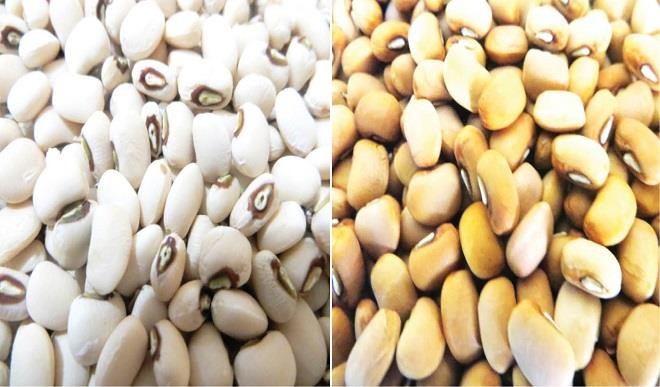…As Makurdi agric varsity releases 2 cowpea varieties
The Federal University of Agriculture, Makurdi (FUAM) in Benue State has released two improved cowpea varieties to boost cowpea production in marginal soils and increase the incomes of farmers in Northern Nigeria. FUAM and its partners told Daily Trust in Makurdi on Monday that the two varieties, FUAMPEA 1 early maturing and FUAMPEA 2, were […]


The Federal University of Agriculture, Makurdi (FUAM) in Benue State has released two improved cowpea varieties to boost cowpea production in marginal soils and increase the incomes of farmers in Northern Nigeria.
FUAM and its partners told Daily Trust in Makurdi on Monday that the two varieties, FUAMPEA 1 early maturing and FUAMPEA 2, were developed by a group of scientists from the university led by Associate Professor of Plant Breeding and Seed Science, Dr. Lucky Omoigui.
The varieties were released based on high yield and resistance to the two noxious parasitic weeds, Striga gesnerioides and Alectra vogelii, that limit cowpea production and productivity in the Northern Guinea, Sudan and Sahel savannas’ agroecologies of Nigeria.
Omoigui said the varieties were officially released by the National Committee on Naming, Registration and Release of Crop Varieties at its 28th meeting held on October 13, 2016 at the National Centre of Genetic Resources and Biotechnology (NACGRAB) Moor Plantation in Ibadan.
He explained that the early maturing variety matured in about 65 days while the medium maturing one matured at about 75 days as opposed to the local varieties that mature in between 80 and 90 days.
“Generally, cowpea is an important crop in Nigeria as it provides food and cash for farmers, and fodder for livestock. Most local varieties grown in the country especially Northern Nigeria record yield of between 400kg and 600kg per hectare due to severe attack by the two parasitic weeds.
“But the new varieties have a potential yield of 1.9 to 2.2kg/ha and are resistant to Striga gesnerioides and Alectra vogelii.
“Farmers like the varieties for their yield, seed colour and cooking qualities. These varieties will help farmers especially in the Northeast to adapt better to Striga and Alectra infested farmlands and also mitigate the effect of climate change, especially with the use of FUAMPEA 1 due to its earliness,” he said.
